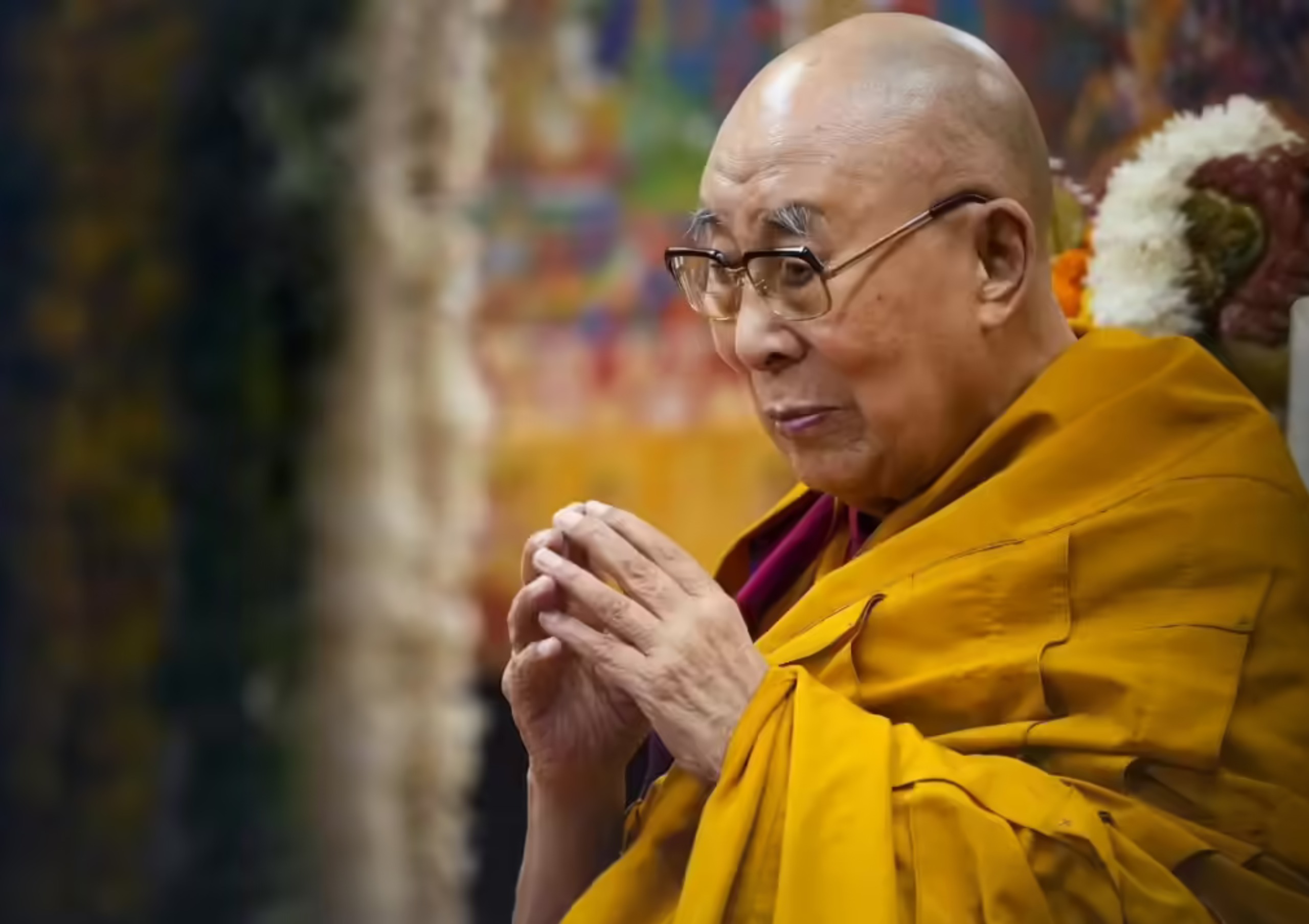
The Dalai is now worn down by age but Lama's image still looms large as a significant force in world politics. He is not just a religious leader, but a symbol of Tibetan self-determination and independence. The exiled spiritual leader, who lives in India, has sparked international political tensions. China wants to keep the next Dalai Lama under its control, while India and Tibetans want the election to be free and in accordance with religious traditions. Through this conflict, the Dalai Lama has become a strategic asset for India on the one hand, and a diplomatic headache for China on the other.
The Dalai Lama took refuge in India after the Chinese invasion in 1959. Since then, he has been respected as a religious leader, as well as indirectly becoming a political and diplomatic symbol for India. India has set an example of humanity by giving him shelter, as well as sending a strong message against Chinese aggression. However, India has long been very cautious about the Dalai Lama - never openly using him politically. But the situation has changed recently. With China's continued aggression, especially the tension on the Ladakh border, the dispute over Arunachal, and its attempts to expand influence in South Asia, India is now looking to use the Dalai Lama more actively as a strategic weapon.
The Dalai Lama recently said that the Tibetan people and the Gaden Phodrang Trust will decide how his successor is chosen. He made it clear that no Chinese control or interference will be tolerated in this matter. His statement is a challenge to China, which claims that it has the sole right to choose the Dalai Lama's successor as part of Tibet. It claims that the new Dalai Lama will be selected through a "golden box" method.
India has directly objected to this position. Union Minister Kiren Rijiju has clearly stated, "The Dalai Lama's successor will be decided by the Tibetans, not by any outside state." India's position in this statement is very clear - it is against China's monopoly on religious freedom and the natural succession process. This stance has also enhanced India's prestige in the international arena, especially when several countries, including the United States, support the Dalai Lama's demand for independence and Tibetan self-determination.
China is naturally angered by India's stance. It has accused India of "interfering in internal affairs" and said it could be detrimental to bilateral relations.For China, this issue is not just religious, but also a question of their sovereignty. They do not want a popular and internationally recognized Dalai Lama to be someone who is beyond their control.
However, according to political analysts, two Dalai Lamas may emerge in the future—one loyal to China, the other a holder of the spiritual tradition of Tibet. In addition, how actively the international community stands with the Tibetans on the issue of choosing the Dalai Lama's successor will also be important.
The significance of this situation for India is immense. The geopolitical security of India's northeastern region depends on Tibet. Besides, the presence of the Dalai Lama takes India's moral and diplomatic standing to a special height. Providing shelter to the Dalai Lama is not only a sign of humanity, but also a symbol of India's 'soft power'. If the selection of his successor falls under Chinese control, India will lose a key strategic asset.
In this situation, it was very important for India to send a clear message, and it has been given. Now it remains to be seen how China responds. In addition, how actively the international community stands with the Tibetans on the issue of choosing the Dalai Lama's successor will also be important.
The conflict between China and India over the Dalai Lama's successor is not only affecting relations between the two countries, but it is also starting a new wave of tensions at the regional and international levels. This turn of events has once again proven that the Dalai Lama is not just a religious leader, but has become a 'spiritual strategist' of geopolitics.